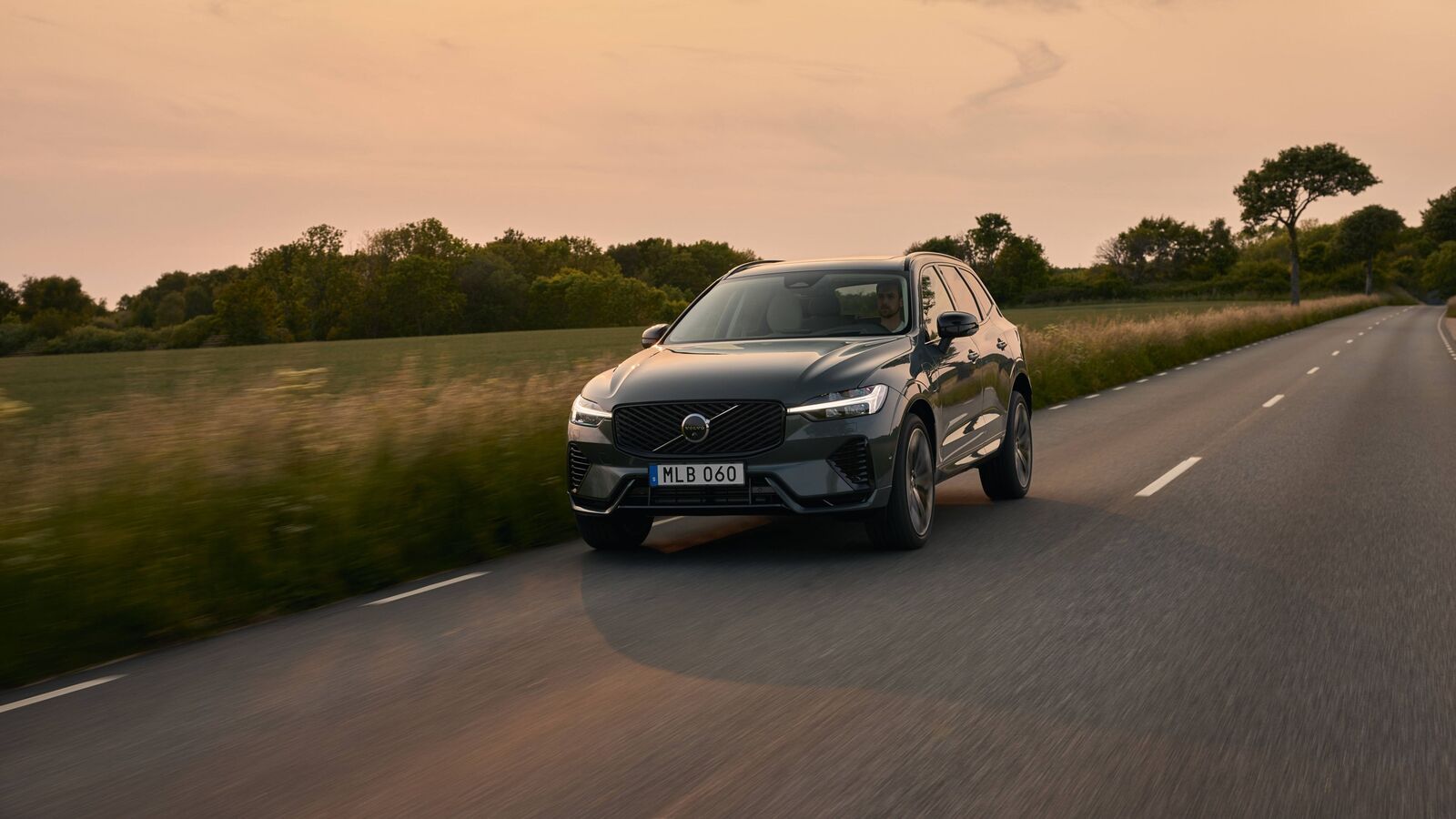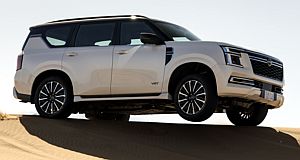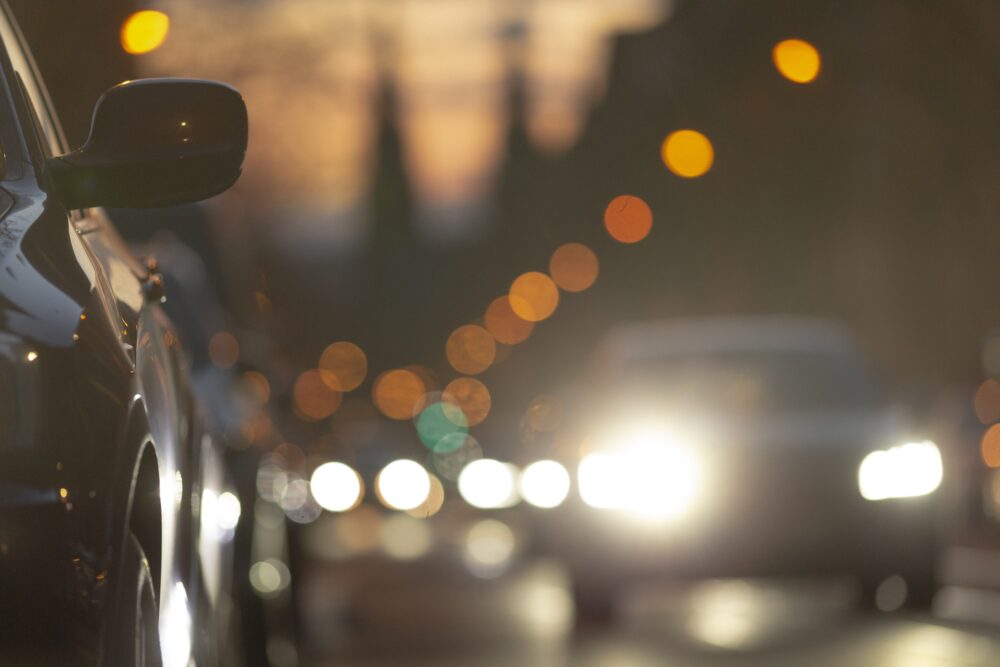Kia-owner Hyundai certainly isn’t in a big rush to go carbon neutral. It has set its target as the far-away date of 2050. But now it says it will rely heavily on hydrogen fuel cells generated from plastic, food, and organic waste to power a whole new generation of EVs, from passenger cars to heavy-duty trucks. Problem is, there is nowhere to charge them.
The South Korean automaker is among a small group of companies embracing hydrogen fuel cell technology, with GM, Toyota, and Honda among them. At CES in Las Vegas, the company announced that hydrogen fuel will now play a “crucial role in Hyundai’s sustainability roadmap as it is a clean energy source.”
“Clean hydrogen should be for everyone, powering everything, and available everywhere,” Jay Chang, president and CEO of Hyundai Motor Company, said in a statement. It plans to use hydrogen in any number of vehicles, from passenger cars to buses and trucks, as well as trams, boats, power generators, advanced air mobility, and special equipment.
Hyundai has already been mass-producing hydrogen fuel cell EVs for a while with its Nexo line. Currently the 2024 Hyundai Nexo compact crossover and the Toyota Mirai sedan are the only two hydrogen fuel cell (FCEV) EVs available to buy in the US, and that’s only in California.
Rather than plugging in the vehicle as you would for a battery-electric car, hydrogen fuel cells rely on compressed hydrogen. To recharge, you can top off your vehicle via a fuel cell stack in about five minutes. For the Nexo, a recharge can take you 380 miles, with its only emissions being water vapor.
Problem is, there is almost no hydrogen infrastructure and very few hydrogen recharging stations, and only a smattering in North America. China has the largest network of recharging stations in the world, but in California, you’ll find around 63 recharging stations, mostly around Los Angeles and San Francisco. In the East Coast, there are maybe a handful of stations. Storing hydrogen is a challenge too in that it requires high pressures, low temperatures, or other chemical process to keep it compact.
Hyundai has also announced that it is developing “megawatt-scale polymer electrolyte membrane electrolyzer manufacturing capabilities for green hydrogen production, which is expected to commercialize within the next few years.” The company plans to make this transition via its hydrogen fuel cell system brand, HTWO, launched in 2020.
To produce hydrogen, the company will focus on Waste-to-Hydrogen methods, which involves fermenting organic waste, such as food and livestock manure, to produce biogas. The biogas is then treated to capture CO2 and produce hydrogen. Another method, Plastic-to-Hydrogen, will use waste plastic that is recyclable – first it is melted, the turned into gas, then transformed into hydrogen after stripping away unessential elements.
Hyundai also announced some new technologies at CES, including its “Software-defined Everything,” which “aims to transform all moving devices, fleets and ecosystems into valuable assets through advanced software and AI.” Hyundai, like a lot of other automakers, is developing software-defined vehicles, à la Tesla, which can then be updated via over-the-air updates. The company said it is shifting “everything into a software-defined approach, from vehicle development to building the entire mobility ecosystem.” What this means seems to be that Hyundai drivers can expect to see some new infotainment upgrades, a new app library, and the development of SDKs for developers to create some “killer apps.” AI, of course, will be a part of the package, with its in-car voice assistance updated to enable more seamless communication between the vehicle and the driver. Hyundai’s $100 million stake in AI chip manufacturer Tenstorrent should help make that happen.
FTC: We use income earning auto affiliate links. More.




